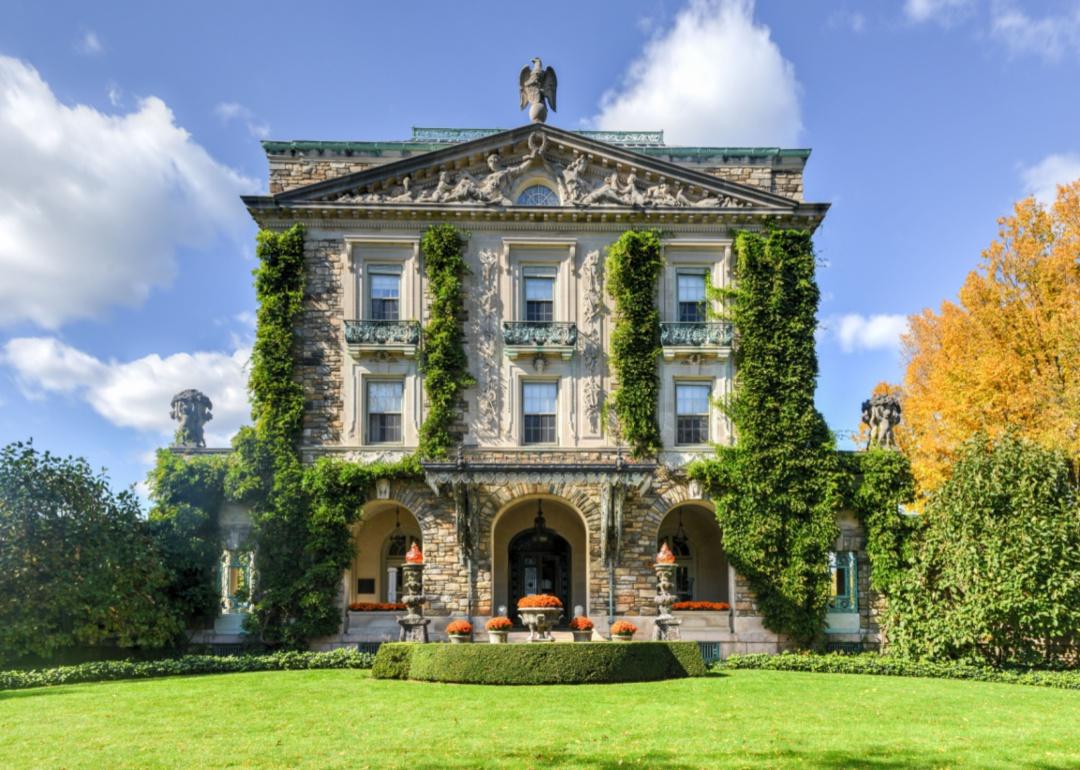
This story originally appeared on Rocket Homes and was produced and distributed in partnership with Stacker Studio.
Counties with the most prewar homes in Oregon
Many people love the idea of owning a vintage home and preserving a piece of history. But what are your actual chances of finding one in today's market?
Vintage homes date back to the prewar era, meaning they were built before World War II. Houses in this era can come in a variety of architectural styles, which also vary with the age of a city or county, as well as what was in vogue at the time it was built. Prewar home styles include Colonial, Tudor, Georgian, Cape Cod, Georgian, Victorian, Edwardian, Craftsman, and Art Deco.
Depending on where you want to live, it can be difficult to find a prewar home. About 11% of occupied homes in the U.S. were built before 1939. That said, older homes are easier to find on the East Coast, as it was the part of the country that had the first settlers. Many places on the East Coast also have large concentrations of prewar homes because there's not as much land available for development to build new homes.
But that doesn't mean you can't find prewar homes in the rest of the country. In every state, there's someplace like San Francisco with its colorful Victorian homes, or New Orleans with its mix of European influences.
As part of a national analysis, Rocket Homes examined Census Bureau data to find which county has the most prewar homes in Oregon, calculated by dividing the number of homes built before 1939 by all occupied housing units in that county. For this analysis, "prewar" refers to homes built in 1939 or earlier, based on how the Census Bureau collects data.
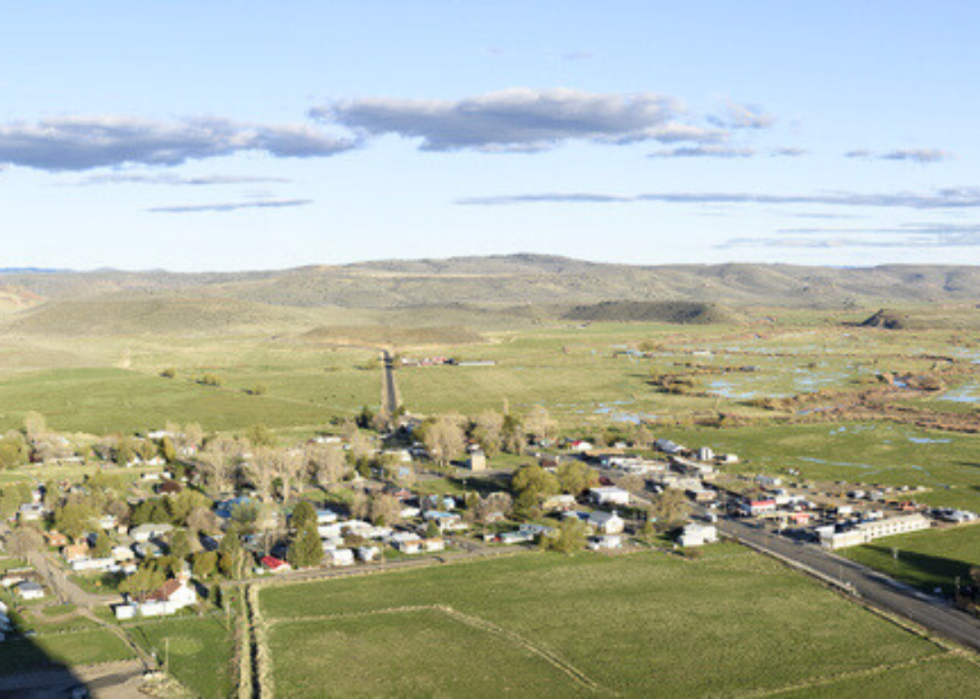
#20. Malheur County
- Share of homes built prewar: 10.5%
- Total prewar homes: 1,026
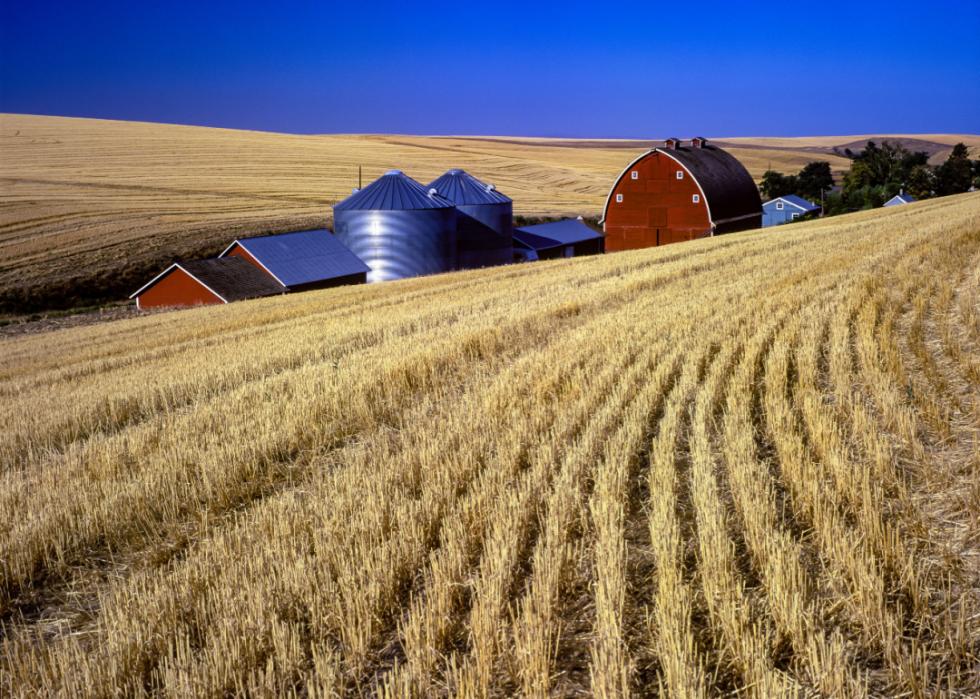
#19. Umatilla County
- Share of homes built prewar: 11.2%
- Total prewar homes: 3,016
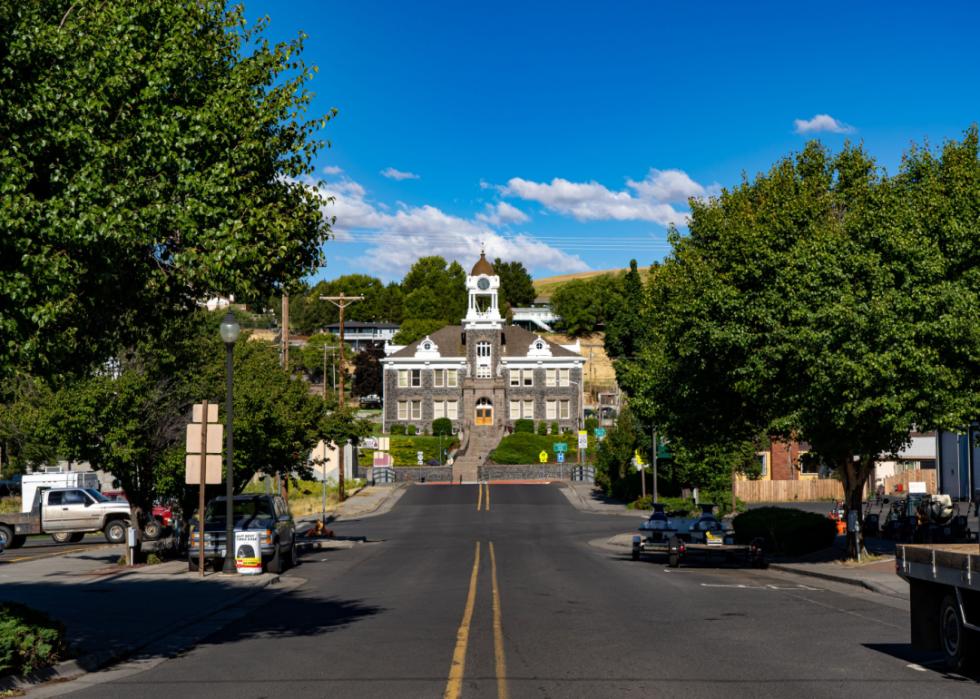
#18. Morrow County
- Share of homes built prewar: 11.6%
- Total prewar homes: 474
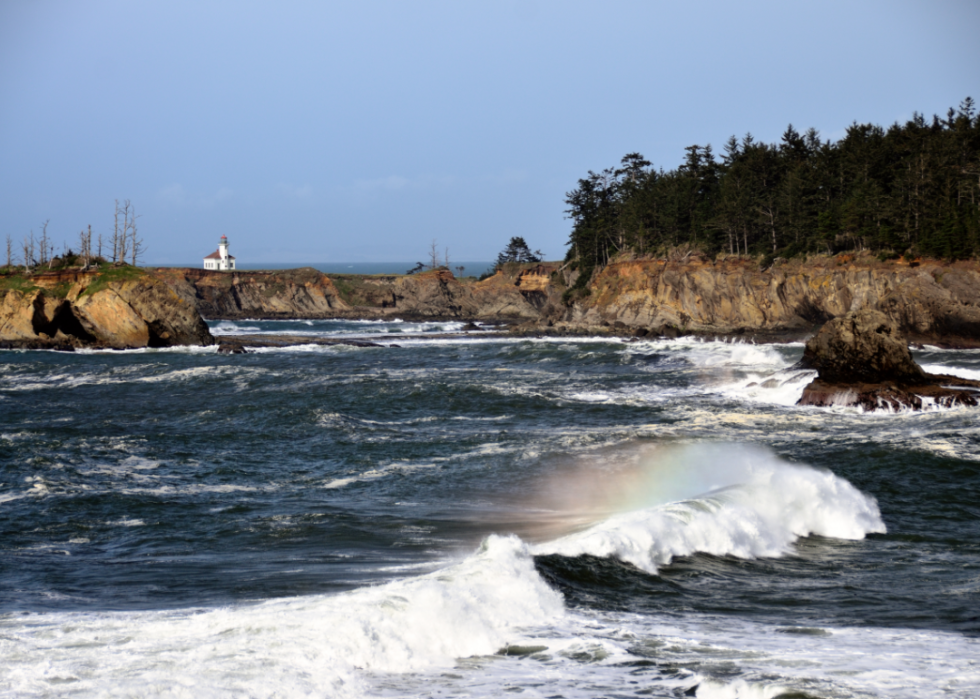
#17. Coos County
- Share of homes built prewar: 12.1%
- Total prewar homes: 3,333
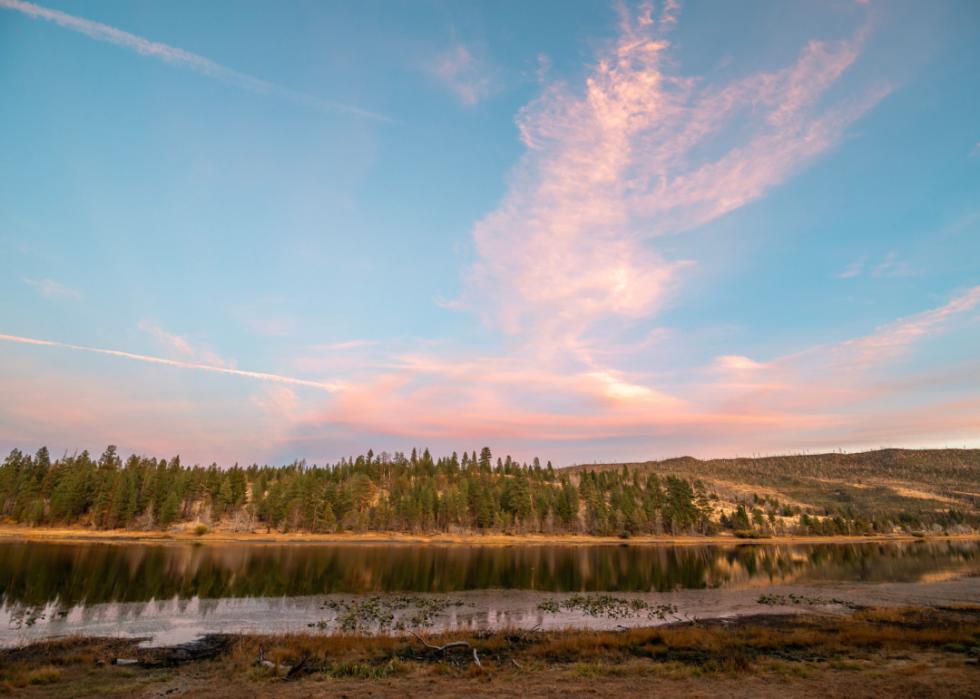
#16. Lake County
- Share of homes built prewar: 12.3%
- Total prewar homes: 420
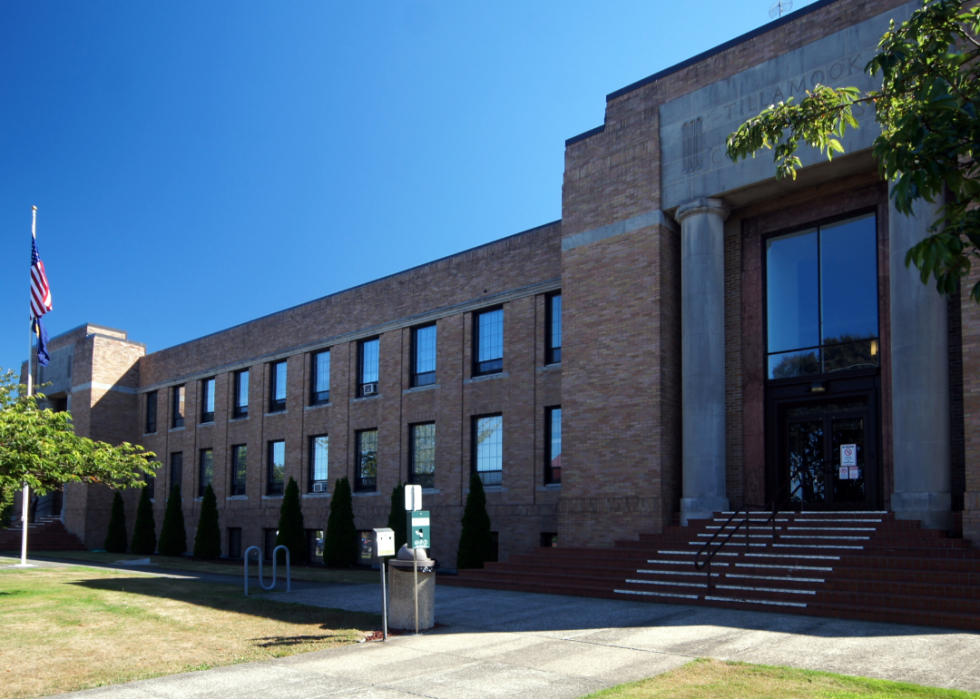
#15. Tillamook County
- Share of homes built prewar: 13.0%
- Total prewar homes: 1,477

#14. Grant County
- Share of homes built prewar: 13.8%
- Total prewar homes: 453
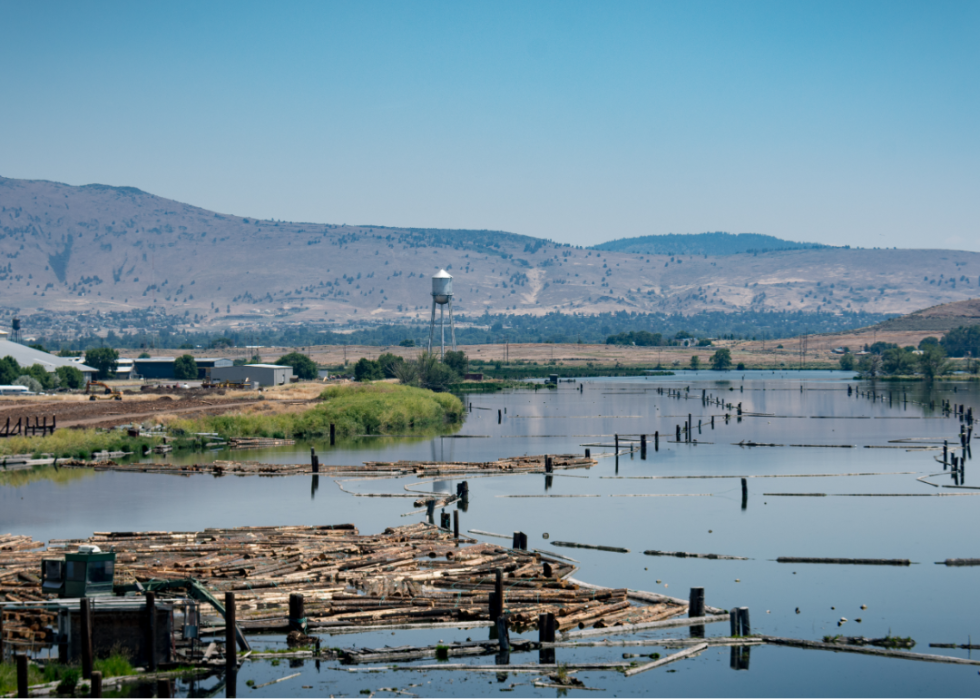
#13. Klamath County
- Share of homes built prewar: 14.5%
- Total prewar homes: 4,072
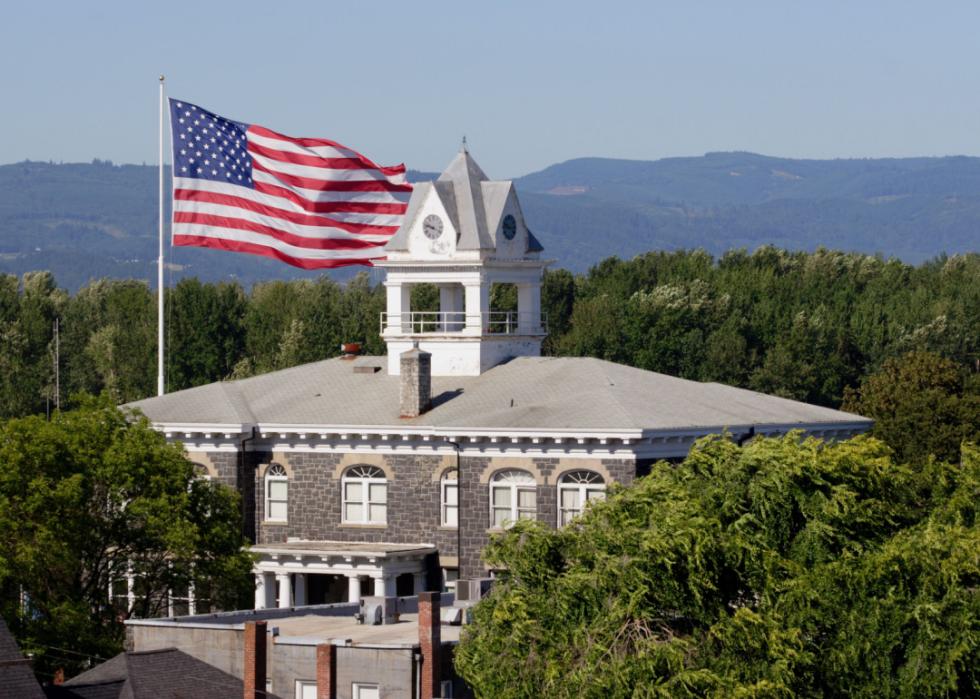
#12. Columbia County
- Share of homes built prewar: 16.8%
- Total prewar homes: 3,353
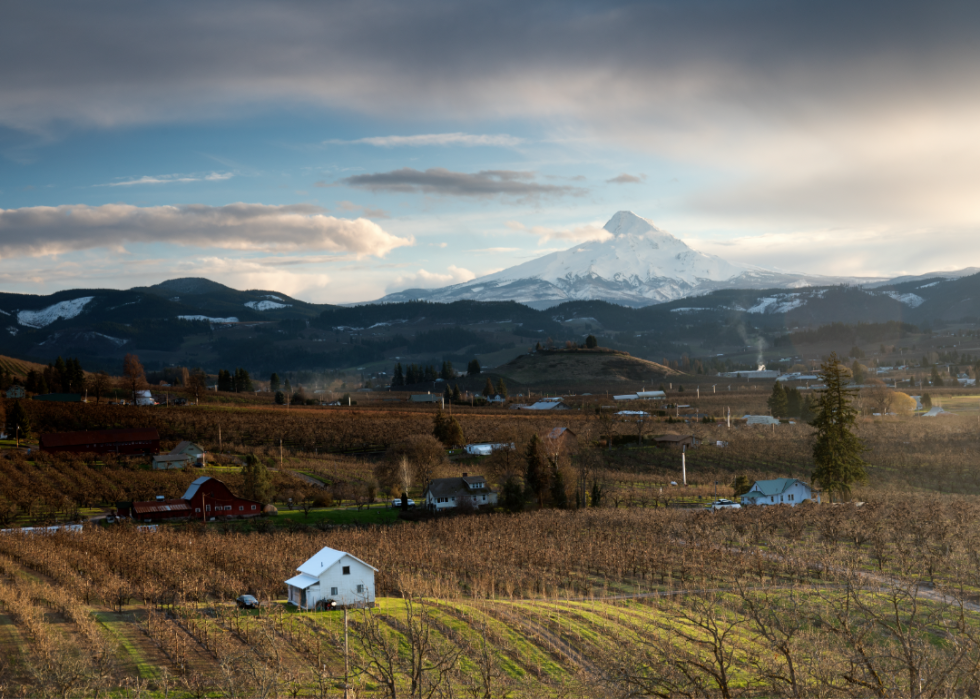
#11. Hood River County
- Share of homes built prewar: 17.3%
- Total prewar homes: 1,548
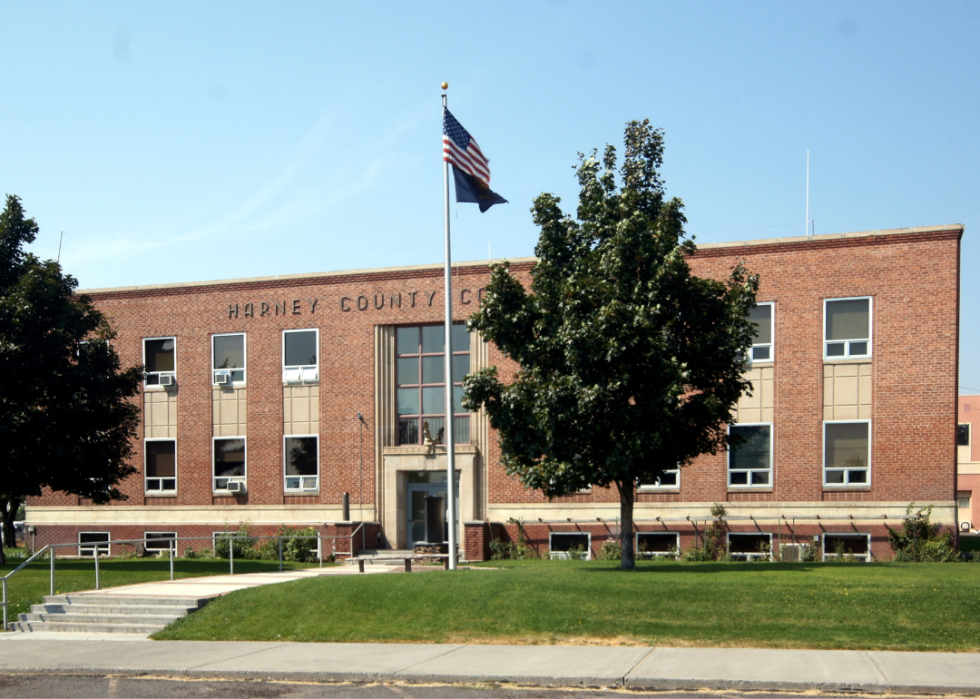
#10. Harney County
- Share of homes built prewar: 19.3%
- Total prewar homes: 593
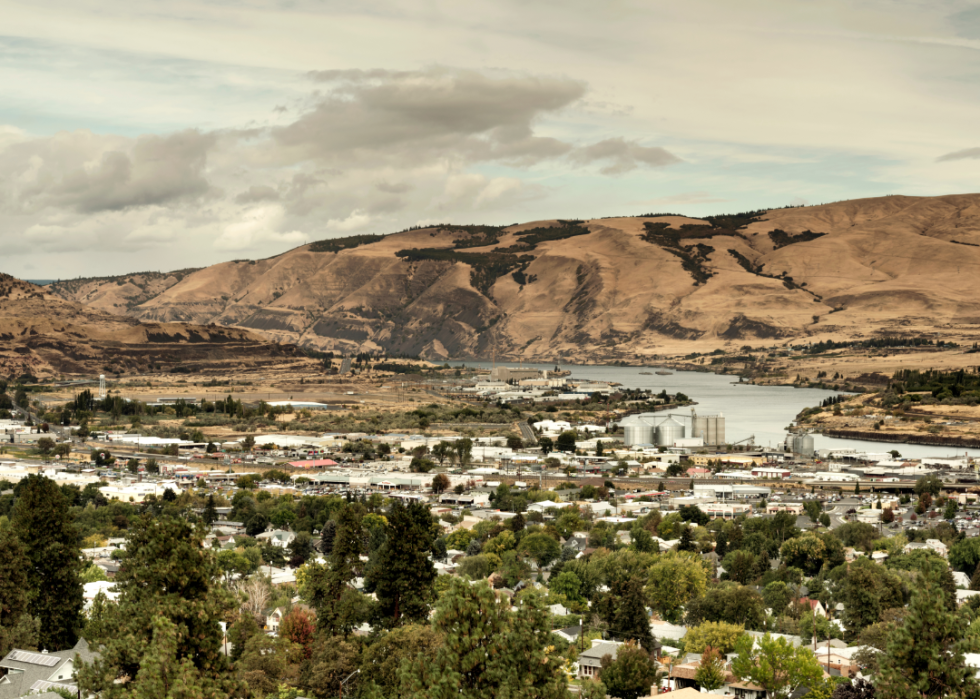
#9. Wasco County
- Share of homes built prewar: 19.6%
- Total prewar homes: 2,027
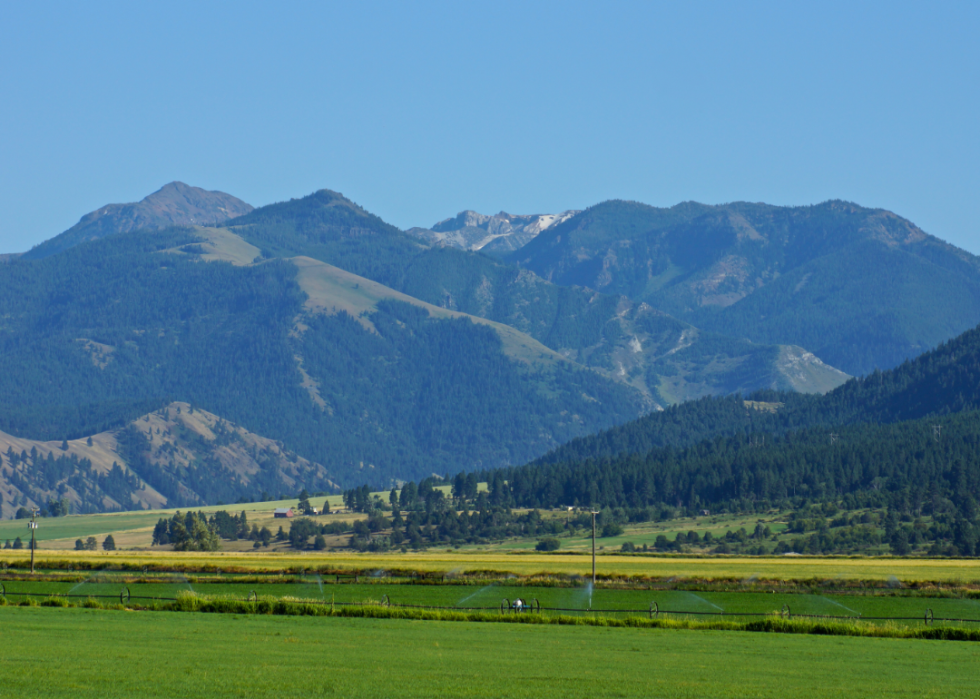
#8. Wallowa County
- Share of homes built prewar: 20.1%
- Total prewar homes: 657
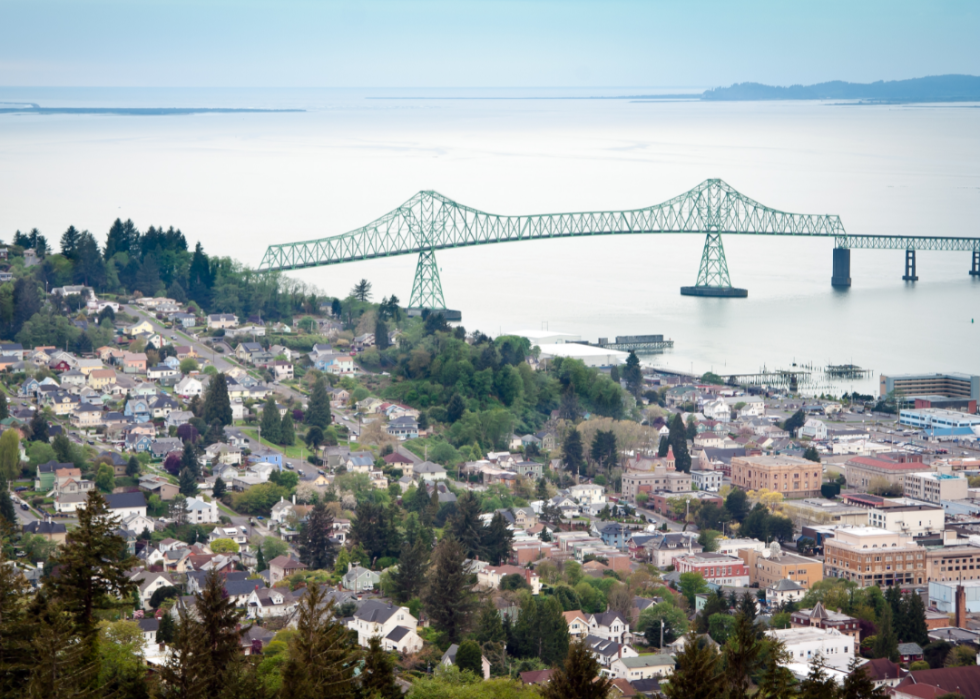
#7. Clatsop County
- Share of homes built prewar: 21.2%
- Total prewar homes: 3,527

#6. Multnomah County
- Share of homes built prewar: 23.9%
- Total prewar homes: 81,036
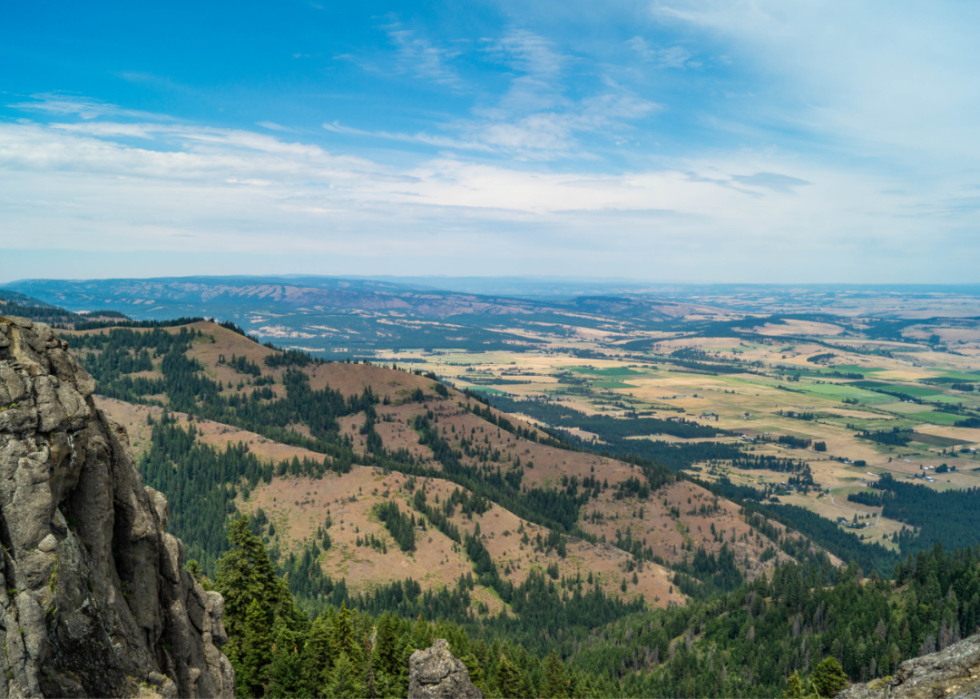
#5. Union County
- Share of homes built prewar: 24.0%
- Total prewar homes: 2,530
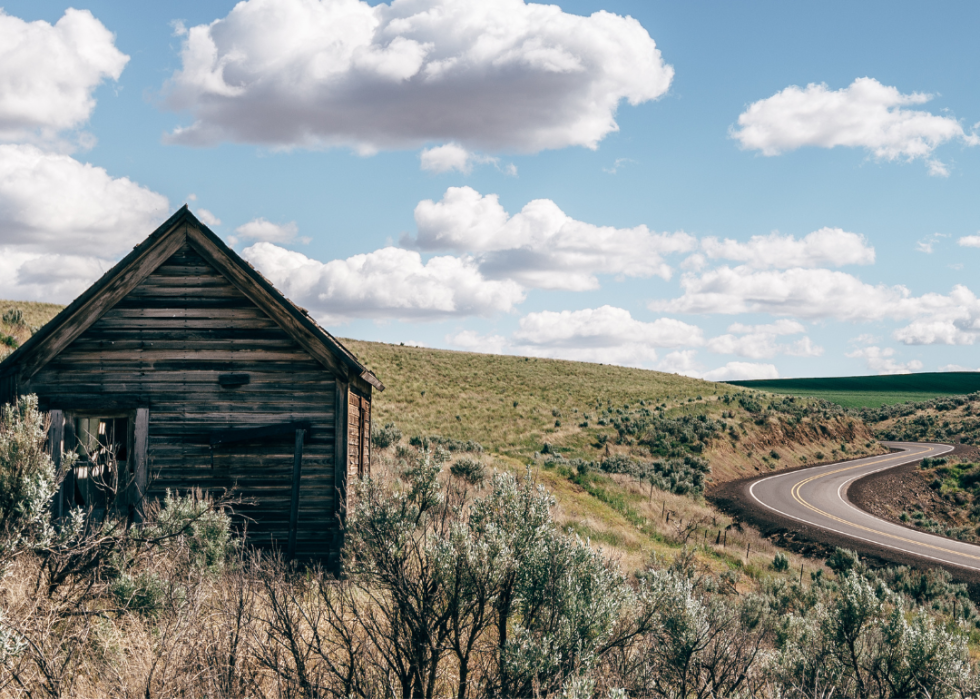
#4. Gilliam County
- Share of homes built prewar: 24.4%
- Total prewar homes: 220

#3. Wheeler County
- Share of homes built prewar: 24.6%
- Total prewar homes: 155
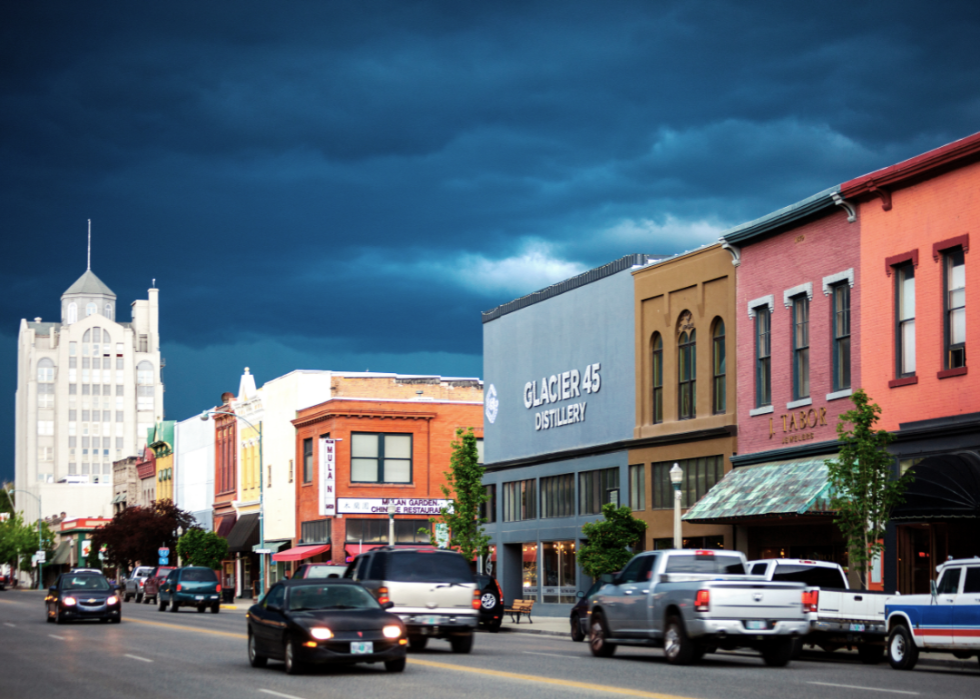
#2. Baker County
- Share of homes built prewar: 29.3%
- Total prewar homes: 2,044
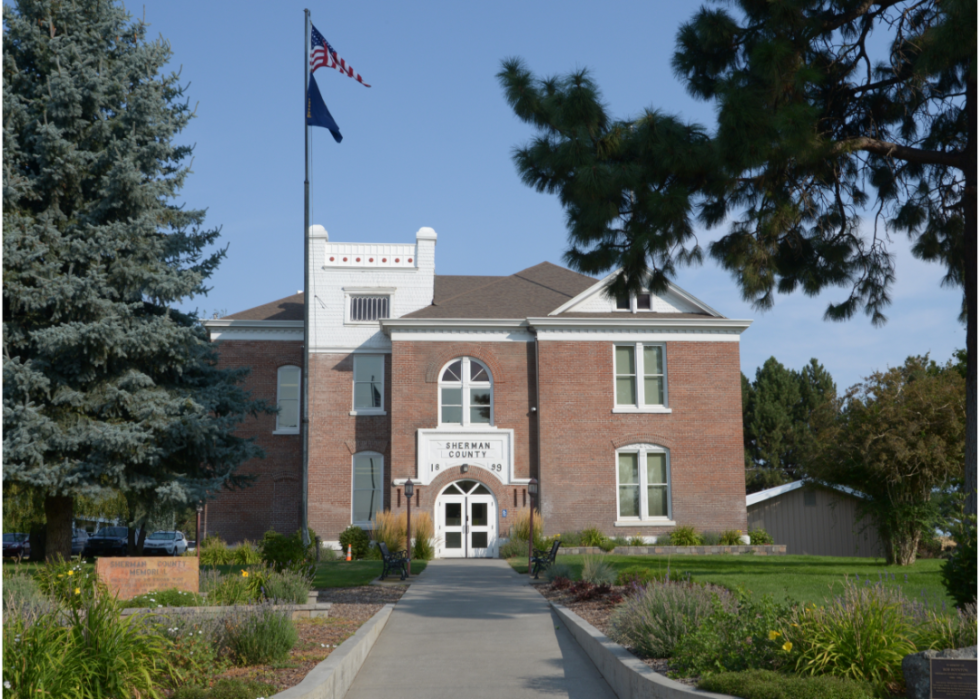
#1. Sherman County
- Share of homes built prewar: 35.0%
- Total prewar homes: 249
This story features data reporting and writing by Elena Cox and is part of a series utilizing data automation across 50 states.



